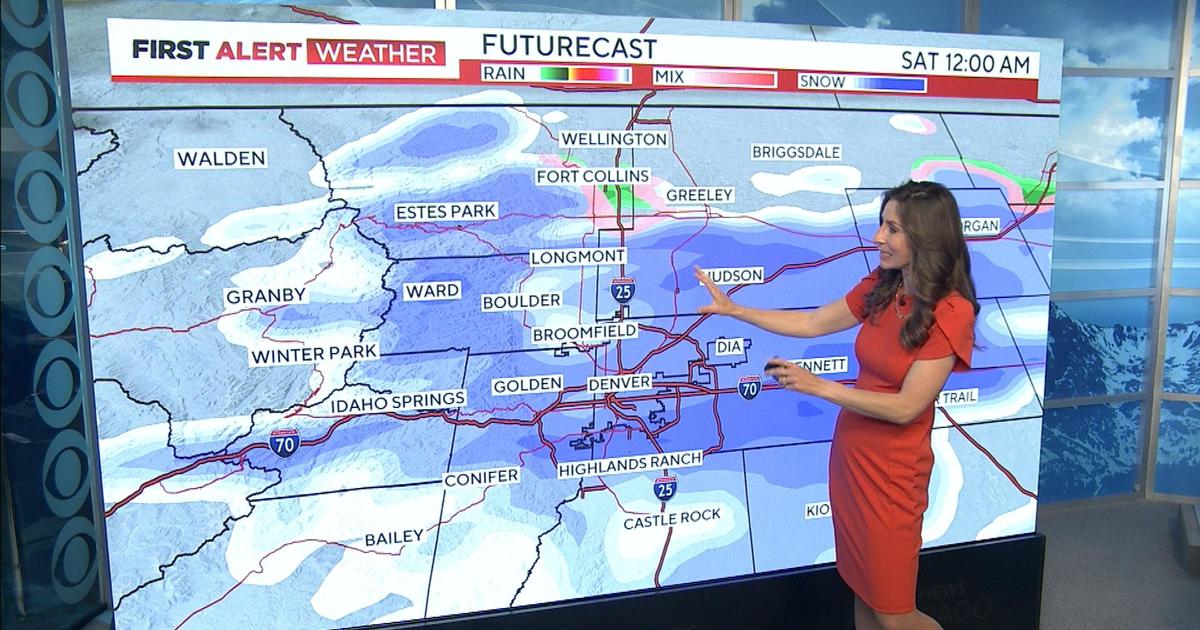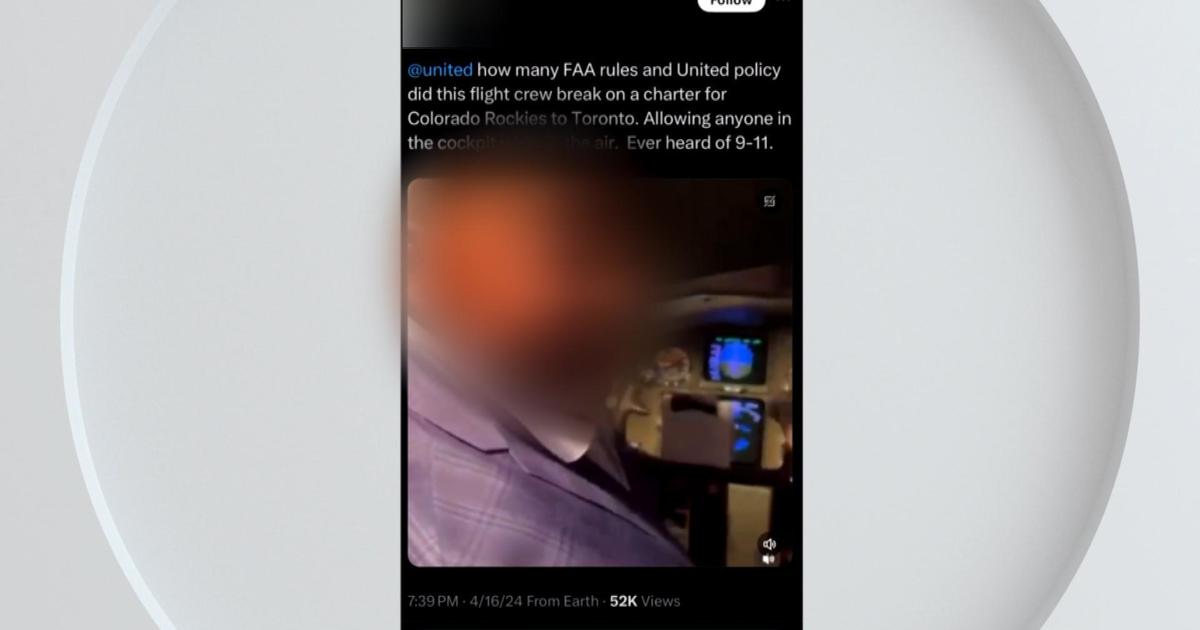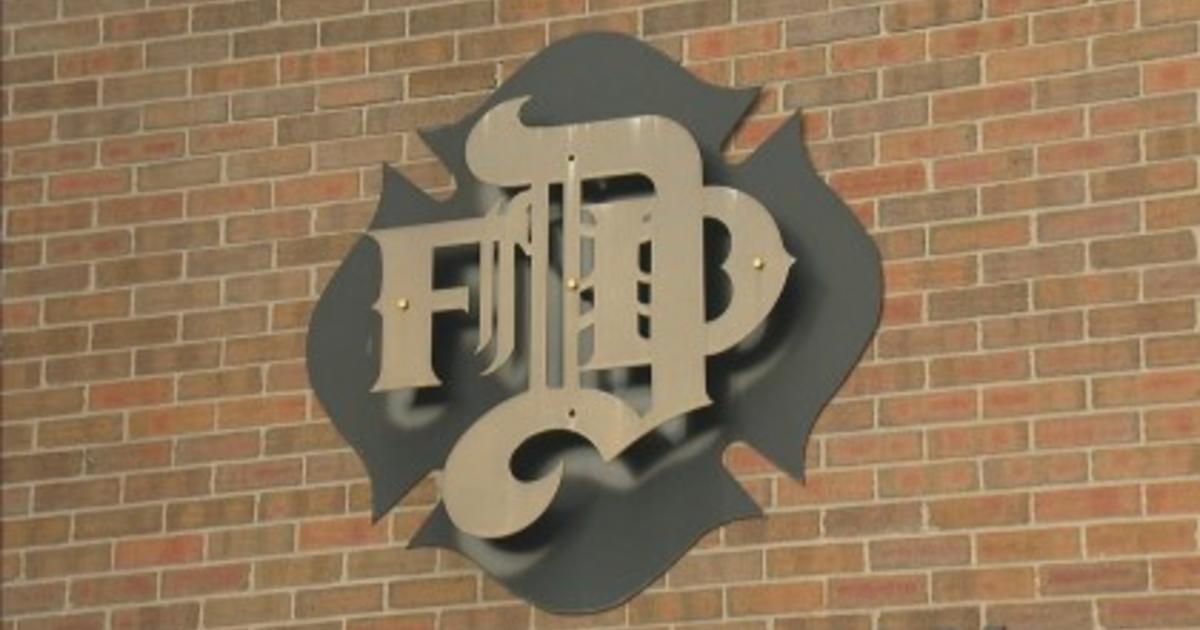Colorado Caucuses Allow A View Of Support Out West
DENVER (AP) - Colorado's caucuses offer the Republican candidates for president a glimpse of their support in the Mountain West.
The state has enjoyed top billing for presidential candidates in recent years, largely because of its toss-up status. Its registered voters have been divided nearly evenly among Democrats, Republicans and independents, though the GOP has an advantage this year.
The Centennial State has never been much of a player in the nominating game. Republicans had hoped to change that by moving up their presidential precinct caucuses by a month. Tuesday's caucuses aren't binding; most of Colorado's 36 Republican National Convention delegates won't actually be assigned until after a state GOP assembly on April 14.
So far, the earlier caucus date - it comes in the lull between the first big primary contests and next month's Super Tuesday showdown - has attracted more attention to Colorado. Front-runner Mitt Romney plans to spend caucus night in Denver. Newt Gingrich, Rick Santorum and Ron Paul all campaigned here.
Colorado's Republican Party projected caucus attendance at between 70,000 and 80,000 voters, out of roughly 783,000 registered party voters overall. That's about the same caucus participation as in 2008, when Republicans chose Mitt Romney over John McCain.
Colorado's political parties once used statewide primary votes instead of caucuses. They changed to caucuses after the 2000 presidential race to save an estimated $3 million per primary.
Republican Gov. Bill Owens signed the change into law in 2003. At the time, Democrats accused Republicans of trying to depress interest in the Democrats' contest; there was no GOP challenger to the incumbent president at the time, George W. Bush.
Neither party, though, has made a serious effort to bring primaries back. As in other states, many party activists believe caucuses allow candidates with less money to compete through grassroots campaigning.
In 2010, for example, tea party activists flooded precinct caucuses and boosted insurgent tea party conservatives. Those candidates for governor and U.S. Senate went on to lose to Democrats in the 2010 general election, but Republicans have made no move to adjust caucuses or nominating procedures.
Colorado's political parties have had mixed results in choosing the eventual presidential nominees.
The state's Republicans backed all eventual party nominees from 1988 to 2004. In 2008, Romney won 60 percent of the Colorado caucus vote, more than three times the vote for McCain, his nearest rival. Romney carried 61 of Colorado's 64 counties.
Romney dropped out of the presidential race the next day, and most of his Colorado delegates eventually went with McCain.
Colorado's population growth - it now has 5.1 million people - is giving the state more sway in presidential politics. Colorado today has nine electoral votes, compared with six in 1960, when it had nearly 1.8 million people and voted for Richard Nixon.
Additional Resources:
Tuesday's Republican caucuses begin at 7 p.m. Party members are asked to arrive at least 30 minutes early and to bring an ID. To participate, you have to have been a registered Republican by Dec. 7 of last year and lived in your precinct for 30 days. Visit the Colorado Republican Party website for more information.
LINK: Good Question: How Do Caucuses Work?
By KRISTEN WYATT, Associated Press
(© Copyright 2012 The Associated Press. All Rights Reserved. This material may not be published, broadcast, rewritten or redistributed.)



